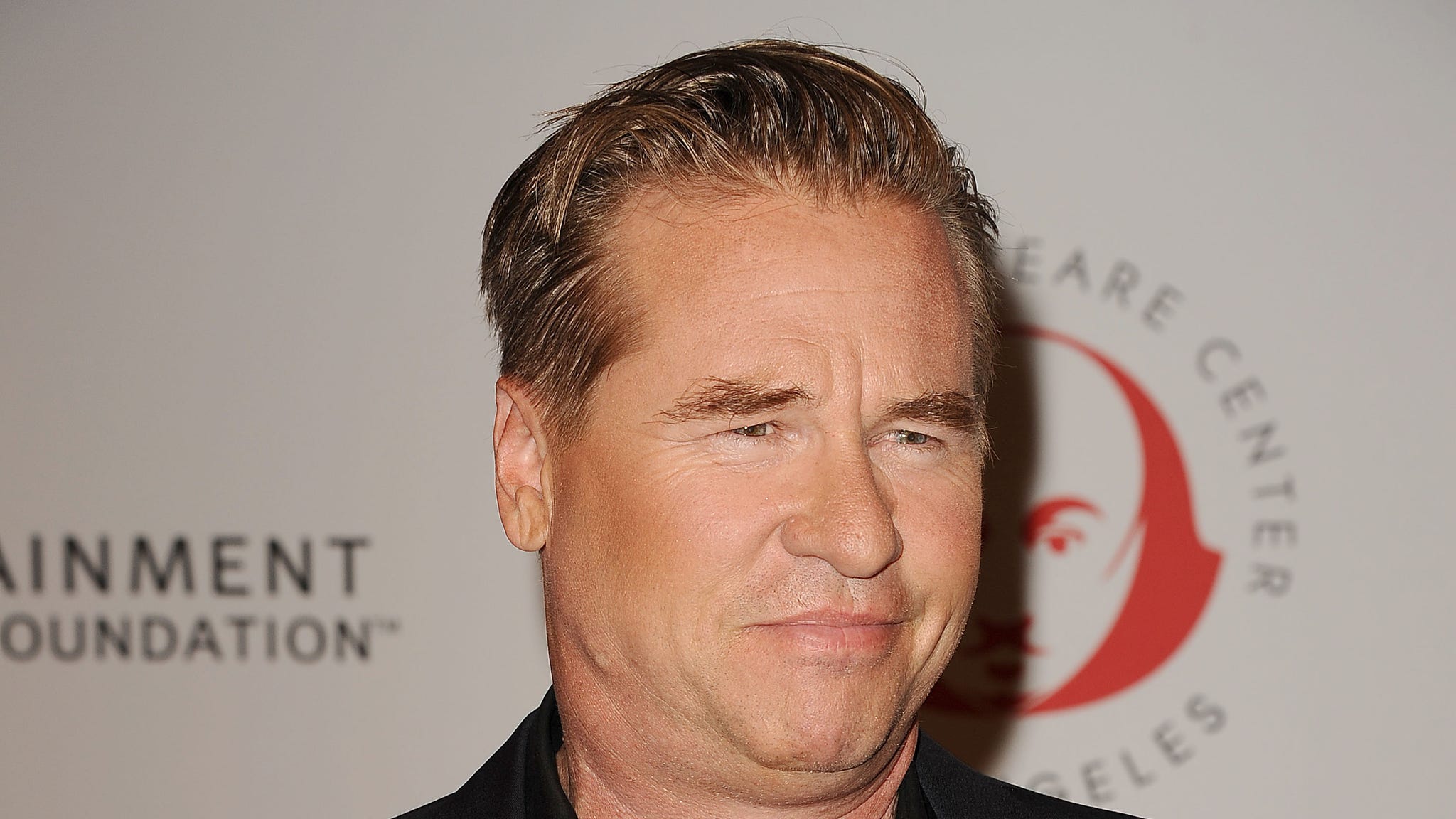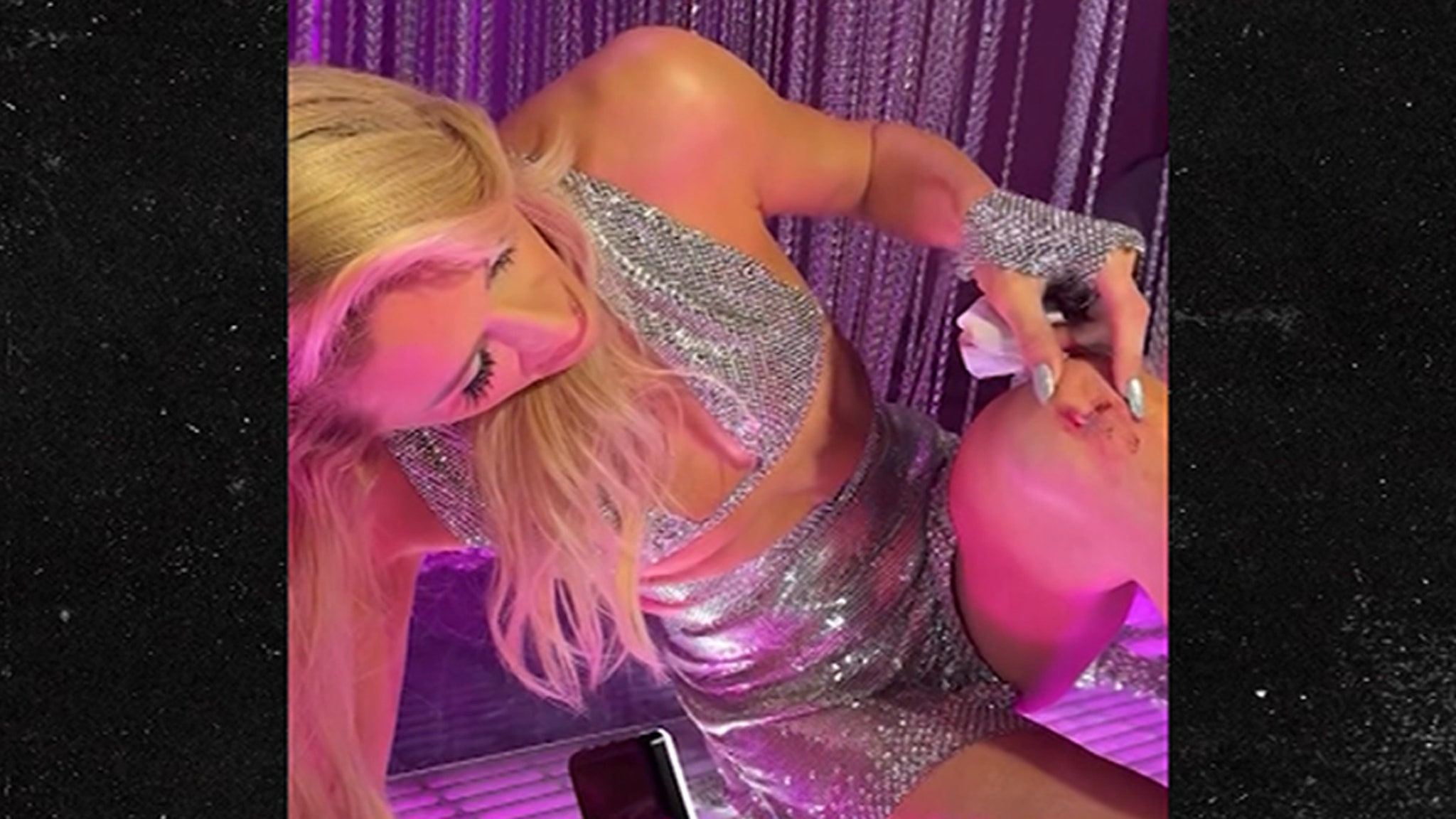Even if you haven’t seen Netflix’s “Inventing Anna” or Hulu’s “The Dropout,” chances are you’ve stumbled onto a podcast devoted to breaking down Anna Delvey (real name Anna Sorokin)’s infamous cons or scrolled past a TikTok or Twitter thread recounting disgraced Theranos CEO Elizabeth Holmes’s fraud case.
For about four years, from 2013 to 2017, Sorokin scammed just about everyone she encountered to maintain the faux lavish lifestyle of a German heiress, from banks and hotels to the friends she met along the way. Meanwhile, Holmes, the founder of biotech company Theranos, deceived investors and patients for over a decade about the viability of her blood-testing device, the Edison, claiming it could run dozens of tests on a single drop of blood. She raked in millions in funding knowing all along the technology simply didn’t work.
Sorokin and Holmes were convicted of fraud in 2019 and 2022, respectively, and their TV dramatizations followed soon after. Somewhere between the release of Netflix’s “Inventing Anna” in February 2022 and Hulu’s “The Dropout” in March 2022, the way we view high-profile convicted con artists has seemingly been redefined. There’s been a rush to humanize these real-life scammers, and they’ve somehow been rebranded as gutsy and ambitious underdogs.
With each passing episode of “Inventing Anna” and “The Dropout,” we as viewers become more and more obsessed with Sorokin and Holmes’s schemes, and even more so with seeing just how far they could go before getting caught. But the real fascinating aspect for me was how confidently the women believed they could get away with it all. It’s a confidence unfamiliar to me.
As a Black woman, I grew up being told I would need to work twice as hard as anyone else just to get my foot in the door professionally. While women like Sorokin and Holmes are welcomed into spaces based on unrealized big ideas and hollow charisma, 49 percent of Black women feel their race or ethnicity makes it harder for them to get a raise, promotion, or chance to get ahead compared to just three percent of white women and 11 percent of women overall, according to McKinsey & Company’s 2020 report “The State of Black Women in Corporate America.” The report also found that compared to white women, Black women are less likely to have managers showcase their work, advocate for new opportunities for them, or give them opportunities to manage people and projects. In “The Dropout,” Holmes’s rival, Richard Fuisz (William H. Macy), sheds light on this disparity, explicitly offering a simple explanation for why Holmes was able to get so far despite lack of experience or actual results: “Because she’s pretty and blond.”
For Sorokin, social media and “girl boss” culture plays an integral role in her schemes, and it’s obvious how we as viewers and followers become minor characters in her elaborate stories. From the very beginning, Sorokin uses Instagram to help craft her false persona, posting photos of extravagant weekends and trips overseas with friends. An Instagram account dedicated to Sorokin’s lavish courtroom attire was created even after her indictment. You’ll find posts like “Queen” and “Iconic” between fire emojis in the comments section. Today, the influencer-turned-convict has accumulated one million followers in addition to the earnings she received from the Netflix series. And although not every comment offers praise, even the critical comments equate to engagement that contributes to her continued relevancy. The more we hang on to her every post, the more we feed into the scheme.
Faux feminism was an integral part of Holmes’s schemes. Ana Arriola (Nicky Endres) leaves her role at Apple to join Theranos after seeing a bit of herself in Holmes, but when Arriola discovers Holmes’s lies about the Edison and confronts her, Holmes chooses to double down instead of addressing Arriola’s concerns. The decision doesn’t coincide with the women-helping-other-women narrative Holmes peddled earlier in the series, when as a sophomore at Stanford college, she pitches one of her ideas to Dr. Phyllis Gardner and pleads with her to get on board in the name of feminism. Dr. Gardner responds, “As a woman, let me explain something to you: you don’t get to skip any steps. You have to do the work.”
It’s a powerful sentiment that ends up getting lost, however. As the show progresses and Holmes attempts to launch Theranos, she is portrayed as an underdog trying to make it in a cutthroat, male-dominated industry. We almost believe Holmes is just doing what she needs to do — faking it until she makes it — because how else would the sexist men at the top take her, a woman, seriously? How else could she revolutionize the healthcare industry? But in reality, while this is certainly many women’s experience, it wasn’t Holmes’s. It wasn’t her gender that was scaring away investors, but her empty promises and grossly underdeveloped and unrealistic tech. When Dr. Gardner says, “As a woman, I cannot work with you,” it’s not because she’s antifeminist. It’s because she knows Holmes’s overconfidence and privilege has led her to believe her own delusions of grandeur and that Holmes would ultimately end up doing women in biotech a disservice. By the end of the series, we learn that women who come after Holmes have an even more difficult time emerging in the medical industry due to her fraudulent business practices. They’re even encouraged to dye their hair a different color if they resemble her.
All of these factors contribute to why audiences empathize with Sorokin and Holmes and why we find ourselves believing we’re rooting for the underdog. But it’s important to remember Sorokin and Holmes were not underdogs. Beyond their tantalizing scammer stories are the real victims of their crimes and the honest professionals they trampled to get ahead. We must consider why Hollywood is so quick to glamorize these scammers, even rewarding them for their crimes with hundreds of thousands of dollars.
Since the February 2022 release of “The Tinder Swindler,” Netflix has announced plans to adapt the documentary into yet another dramatization of a scammer’s story. Only time will tell if Hollywood will spend as much time humanizing con man Shimon Hayut as they did Sorokin and Holmes, or if the fact he’s an Israeli man who conned white women will change the tone. Because maybe sympathy is not guaranteed for all scammers, but just for the ones who are pretty, white, and blond.
Whatever the case may be, when we don’t adequately condemn the harm scammers cause, we continue to aid in the immortalization and glamorization of their wrongdoings and welcome others in similar positions of privilege to do the same.
You can view the original article HERE.














:max_bytes(150000):strip_icc():focal(1101x509:1103x511)/Tammy-Slaton-Caleb-Willingham-070123-8b7e1200fea040679becbe0f20399aca.jpg)













:quality(85):upscale()/2025/04/01/587/n/1922564/fe60d6be67ebe4b0bbd6f1.79749549_.png)
